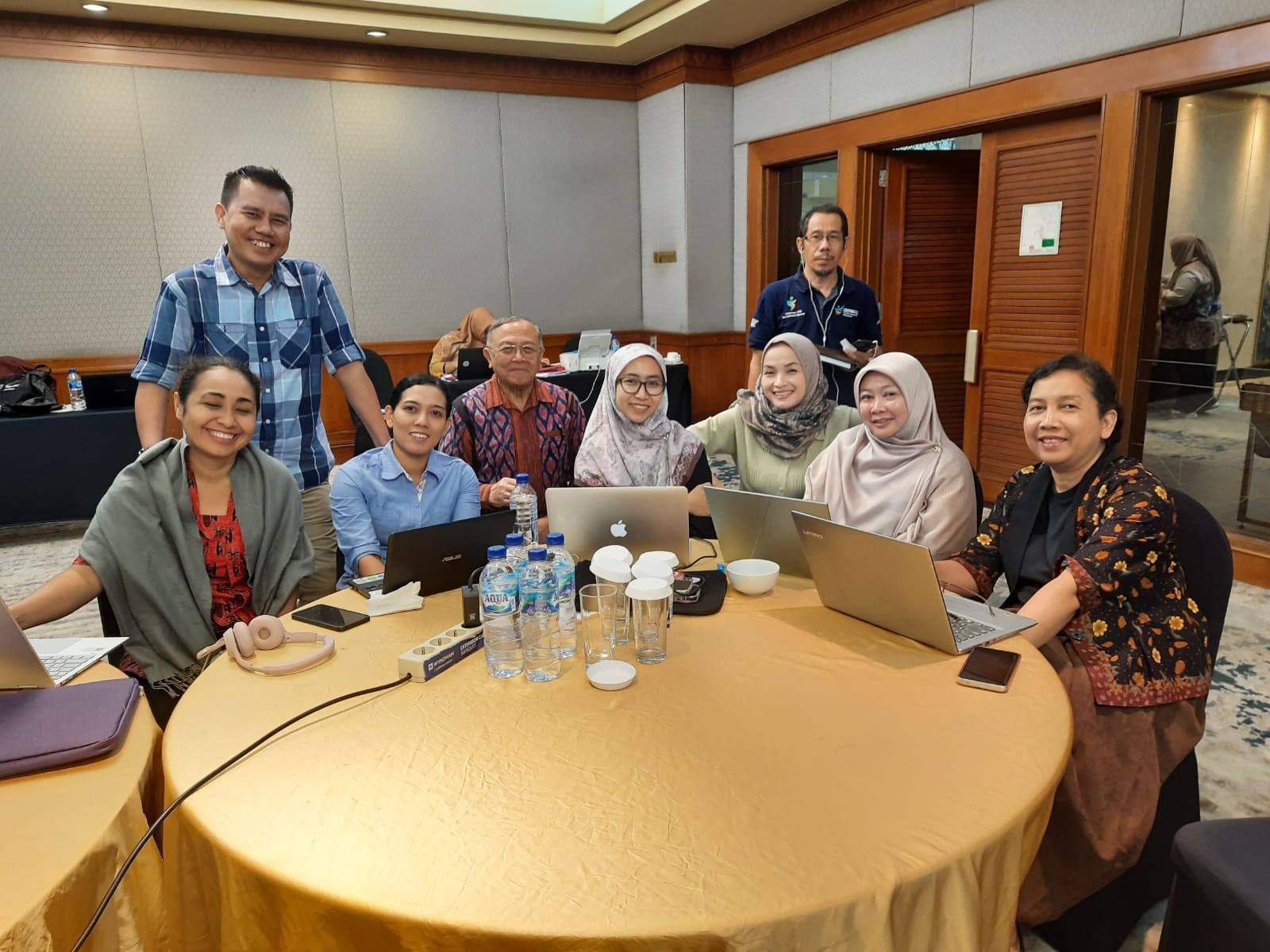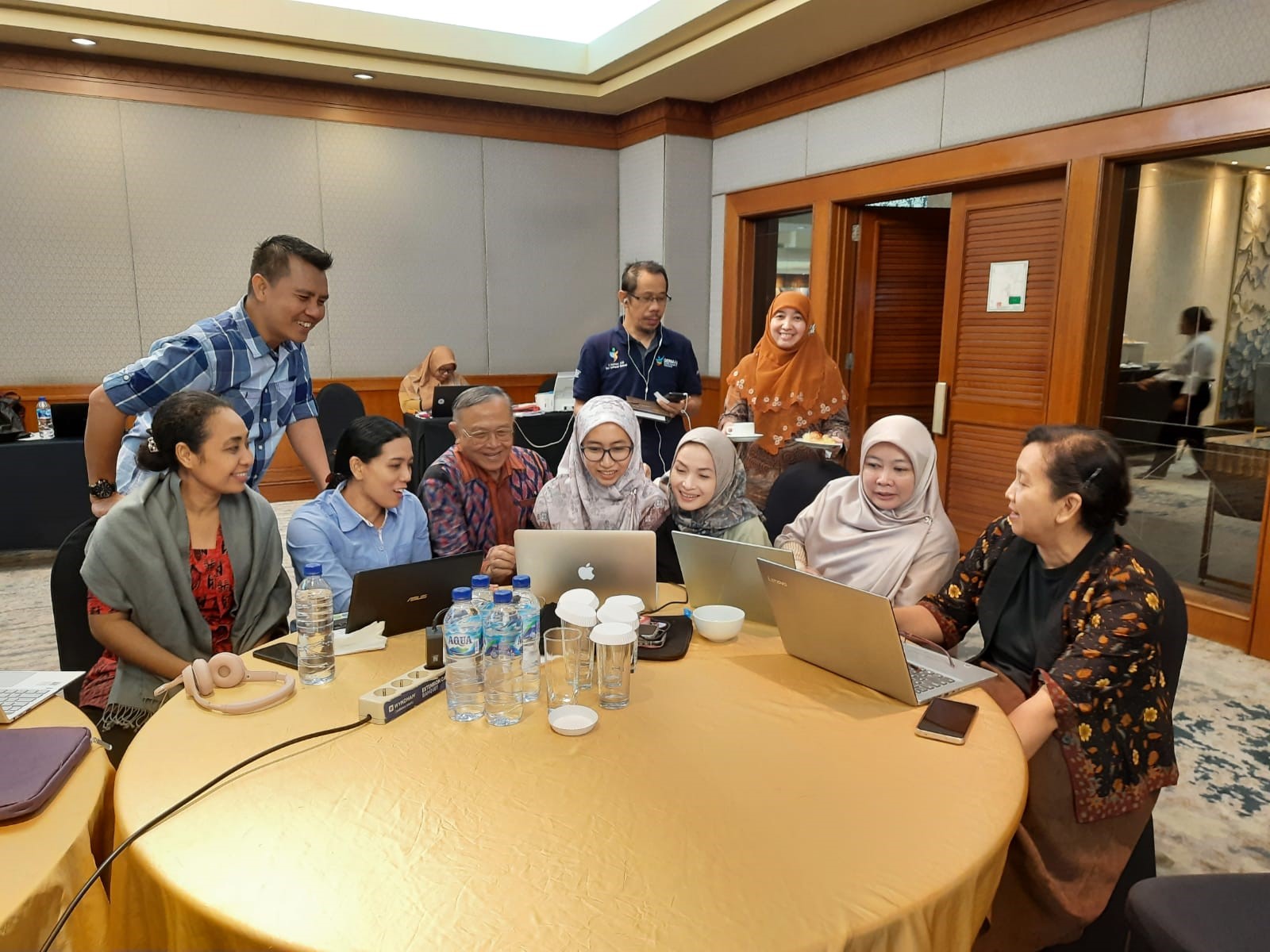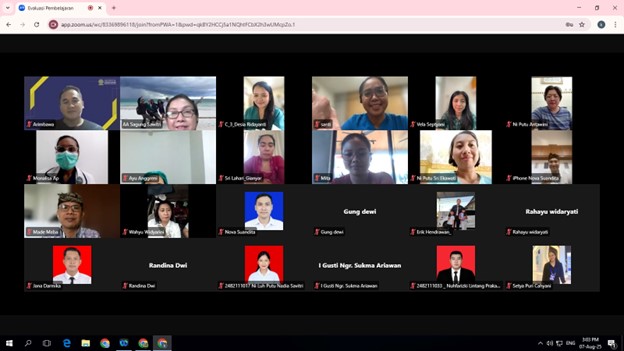Contribution of Udayana University's FETP Program Enhances Field Epidemiology Curriculum Development
Faculty members from the Field Epidemiology Training Program (FETP) at the Master's Program in Public Health (MIKM) of Udayana University's Faculty of Medicine collaborated to refine the curriculum aimed at enhancing the capacity of field epidemiologists within the Indonesian Ministry of Health and its affiliates. The three-day event, held from January 26th to 28th, 2024, in Jakarta, marked the implementation of educational cooperation between the Ministry of Health of the Republic of Indonesia through FETP Indonesia and the Human Resources Development and Empowerment Agency (PPSDM) of Indonesia, six universities hosting Advanced FETP education (including Udayana University), WHO Indonesia, CDC Indonesia, and Health Security Partner. Dr. I Nyoman Kandun, an active FETP advocate in Indonesia since its inception, also attended the event.
The demand for qualified epidemiologists is increasing, particularly in preparation for potential future pandemics. In response, the Indonesian Ministry of Health is continuously striving to enhance the capacity of field epidemiologists through a tiered approach, namely Frontline FETP, Intermediate FETP, and Advanced FETP Education. Six universities (University of Indonesia, University of Gajah Mada, University of Airlangga, University of Udayana, University of Hasanudin, and University of Diponegoro), host Advanced FETP Education, while Intermediate and Frontline FETP are conducted by the PPSDM of the Ministry of Health. Advanced FETP Education is equivalent to a master's degree, conducted over 2 years (4 semesters), while Intermediate FETP lasts for 9 months, and Frontline FETP for 3 months.
To ensure curriculum continuity across these three educational levels, a workshop was conducted to discuss necessary additions such as professional development, critical thinking, networking, and others. The discussions were productive, and activities continued within each group after returning from Jakarta. Each group was tasked with preparing general and specific instructional objectives, teaching methods, and materials. These materials will be further discussed in February at a time to be determined.
This activity exemplifies the contribution of Udayana University's FETP to the field of field epidemiology education in Indonesia. It aligns with the vision and mission of the IKM Master's Program to continually develop cooperation and engage beyond the campus boundaries.






MEDICAL FACULTY